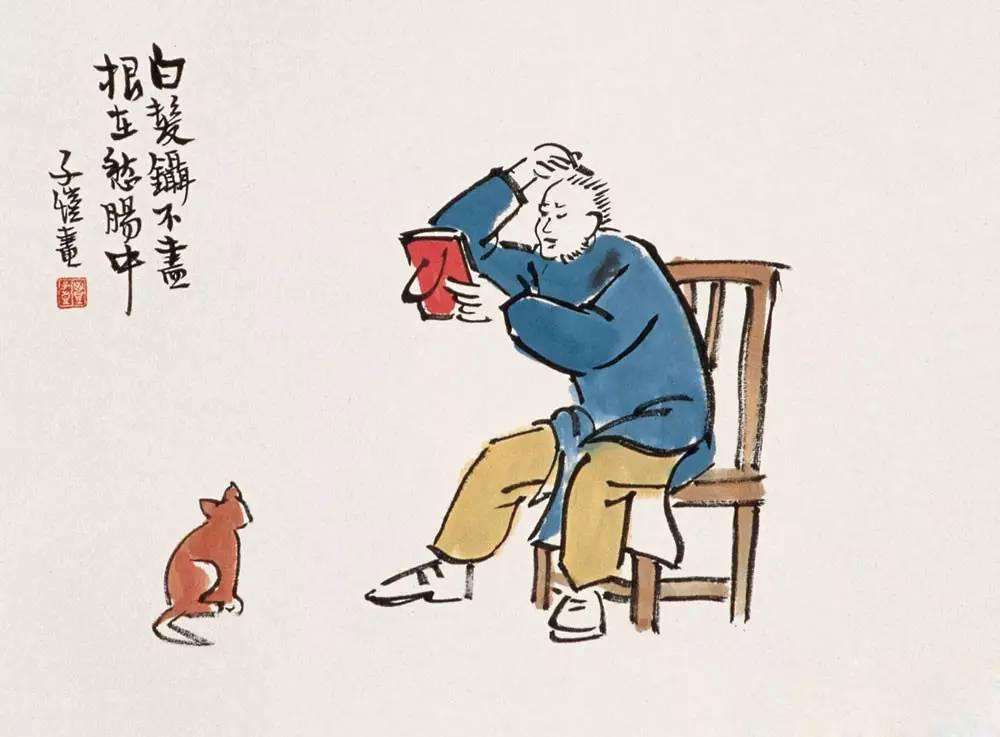But once we recognize it, once we understand it, we can dispute it. We can challenge it.
但一旦我们认识它,一旦了解它后,我们可以怀疑它,可以质疑它
We can reframe it and see the positive as well.
可以重组它,也能看到积极的一面
Again, all it's saying in cognitive therapy is let's be real.
此外,认知疗法就是要我们实际点
Making up or fabricating the 3rd M.
第三个M是虚构,或称捏造
This is when we create something ex nihilo, from nothing.
这是我们无中生有的时候
So for example, we personalize it or we blame.
比如,我们个人化或者归咎他人
We see this very often with people who are abused.
被虐待的人身上经常能看到这点
So an abused wife will very often say "It's my doing. It's my fault. I'm not behaving appropriately."
受虐待的妻子经常会说,“是我做的,我的错,我做的不对”
Instead of rationally saying "This guy is abusive. I'm out of here."
而不是理智地说,“这个家伙虐待我,我要离开”

That's irrational personalization.
那是不理性地个人化
It can also be the other way around.
它也会有别的方式
You know, I just did poorly on an exam and I blame my boyfriend or girlfriend for it.
我有次考试成绩很差,我因此责怪我男朋友或女朋友
That's also unrealistic. I need to take responsibility.
那也是不现实的,我得承担责任
You got to remember Nathaniel Branden. No one is coming.
要记住Nathaniel Branden的例子,没有人会来
Take responsibility rather than blame.
承担起责任而不是责备别人
One of the key ideas (that) Marva Collins communicates to her students.
Marva Collins和她的学生交流的重要的观点之一
So again, it's not going to the personalizing...over-personalizing or over-blaming, it's being real.
不是过度个人化或过度责备,而是面对现实
And finally, emotional reasoning.
最后是情感的推理












